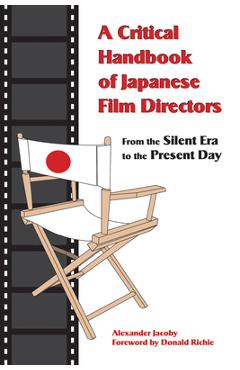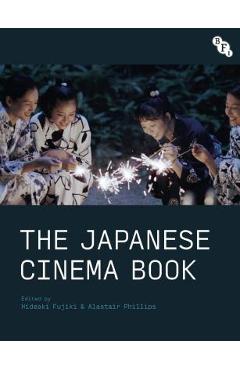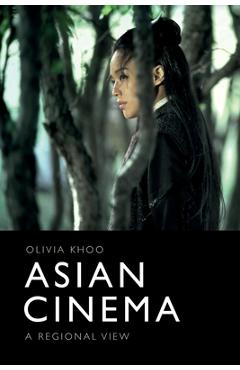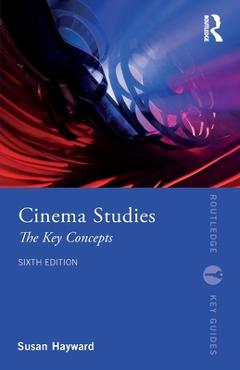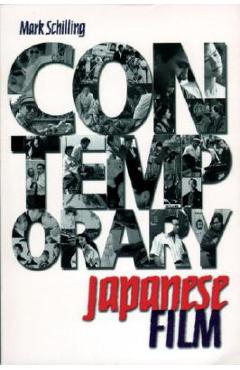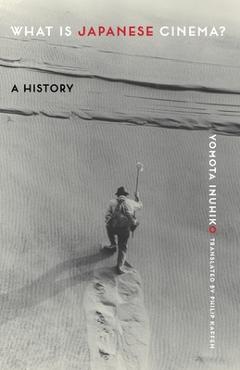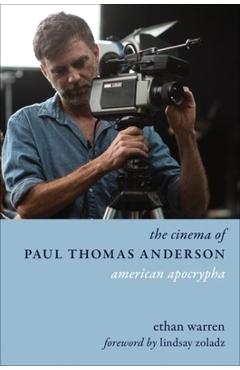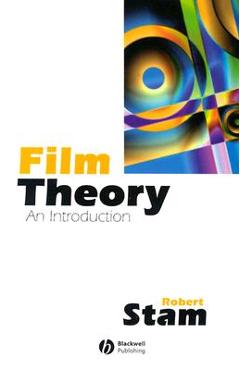Kurosawa: Film Studies and Japanese Cinema
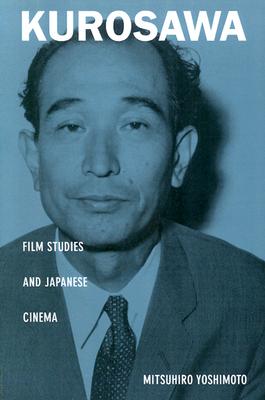
Kurosawa: Film Studies and Japanese Cinema
Arguing that Kurosawa's films arouse anxiety in Japanese and Western critics because the films problematize Japan's self-image and the West's image of Japan, Yoshimoto challenges widely circulating clichés about the films and shows how these works constitute narrative answers to sociocultural contradictions and institutional dilemmas. While fully acknowledging the achievement of Kurosawa as a filmmaker, Yoshimoto uses the director's work to reflect on and rethink a variety of larger issues, from Japanese film history, modern Japanese history, and cultural production to national identity and the global circulation of cultural capital. He examines how Japanese cinema has been "invented" in the discipline of film studies for specific ideological purposes and analyzes Kurosawa's role in that process of invention. Demonstrating the richness of both this director's work and Japanese cinema in general, Yoshimoto's nuanced study illuminates an array of thematic and stylistic aspects of the films in addition to their social and historical contexts.
Beyond aficionados of Kurosawa and Japanese film, this book will interest those engaged with cultural studies, postcolonial studies, cultural globalization, film studies, Asian studies, and the formation of academic disciplines.
PRP: 323.46 Lei
Acesta este Pretul Recomandat de Producator. Pretul de vanzare al produsului este afisat mai jos.
274.94Lei
274.94Lei
323.46 LeiIndisponibil
Descrierea produsului
Arguing that Kurosawa's films arouse anxiety in Japanese and Western critics because the films problematize Japan's self-image and the West's image of Japan, Yoshimoto challenges widely circulating clichés about the films and shows how these works constitute narrative answers to sociocultural contradictions and institutional dilemmas. While fully acknowledging the achievement of Kurosawa as a filmmaker, Yoshimoto uses the director's work to reflect on and rethink a variety of larger issues, from Japanese film history, modern Japanese history, and cultural production to national identity and the global circulation of cultural capital. He examines how Japanese cinema has been "invented" in the discipline of film studies for specific ideological purposes and analyzes Kurosawa's role in that process of invention. Demonstrating the richness of both this director's work and Japanese cinema in general, Yoshimoto's nuanced study illuminates an array of thematic and stylistic aspects of the films in addition to their social and historical contexts.
Beyond aficionados of Kurosawa and Japanese film, this book will interest those engaged with cultural studies, postcolonial studies, cultural globalization, film studies, Asian studies, and the formation of academic disciplines.
Detaliile produsului










